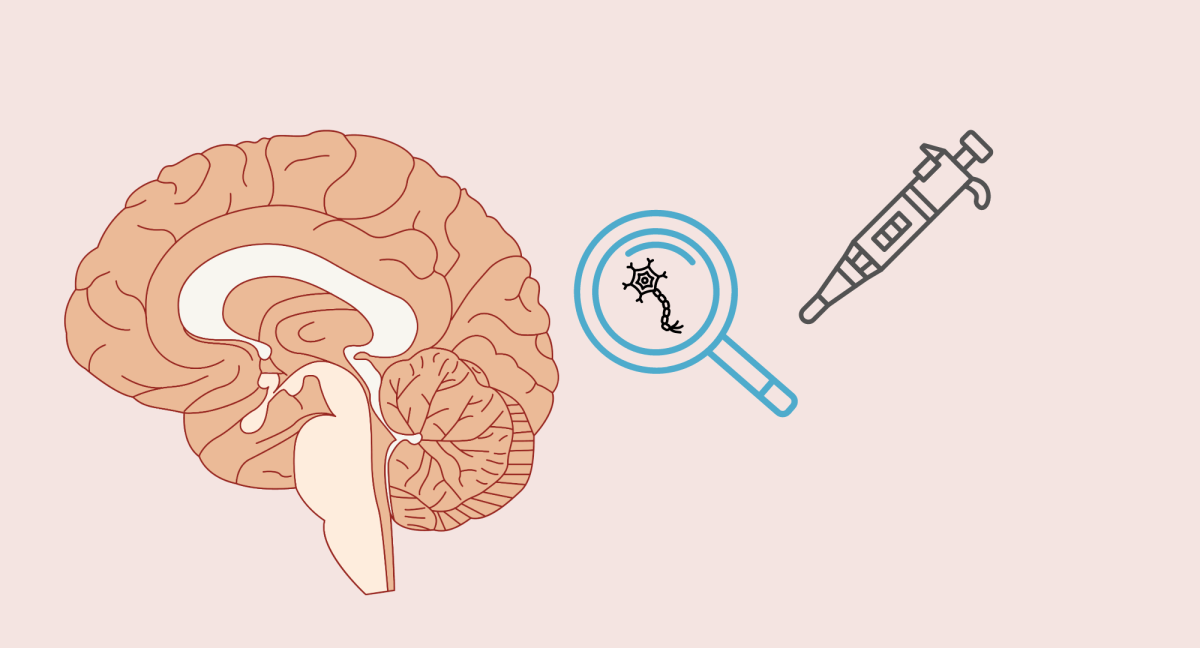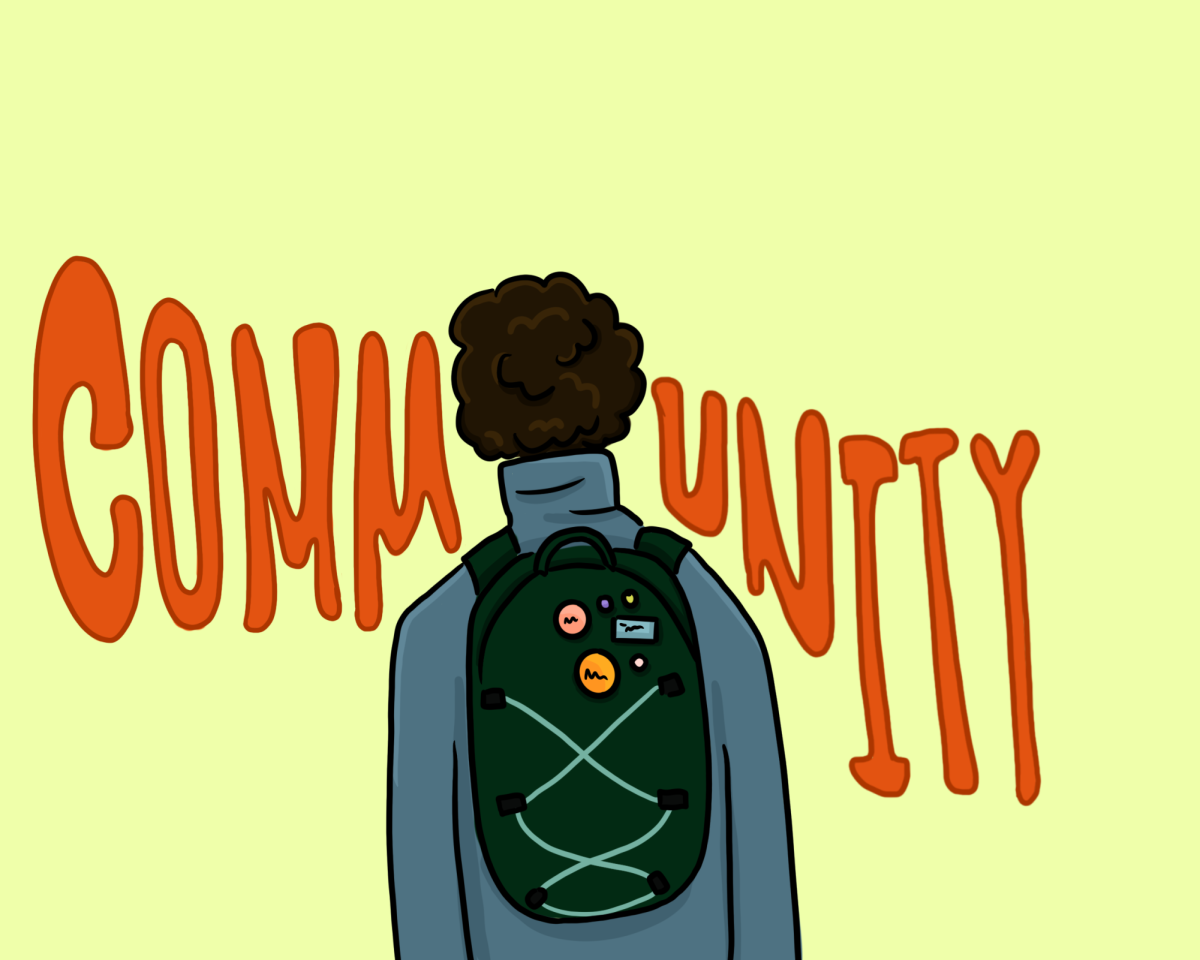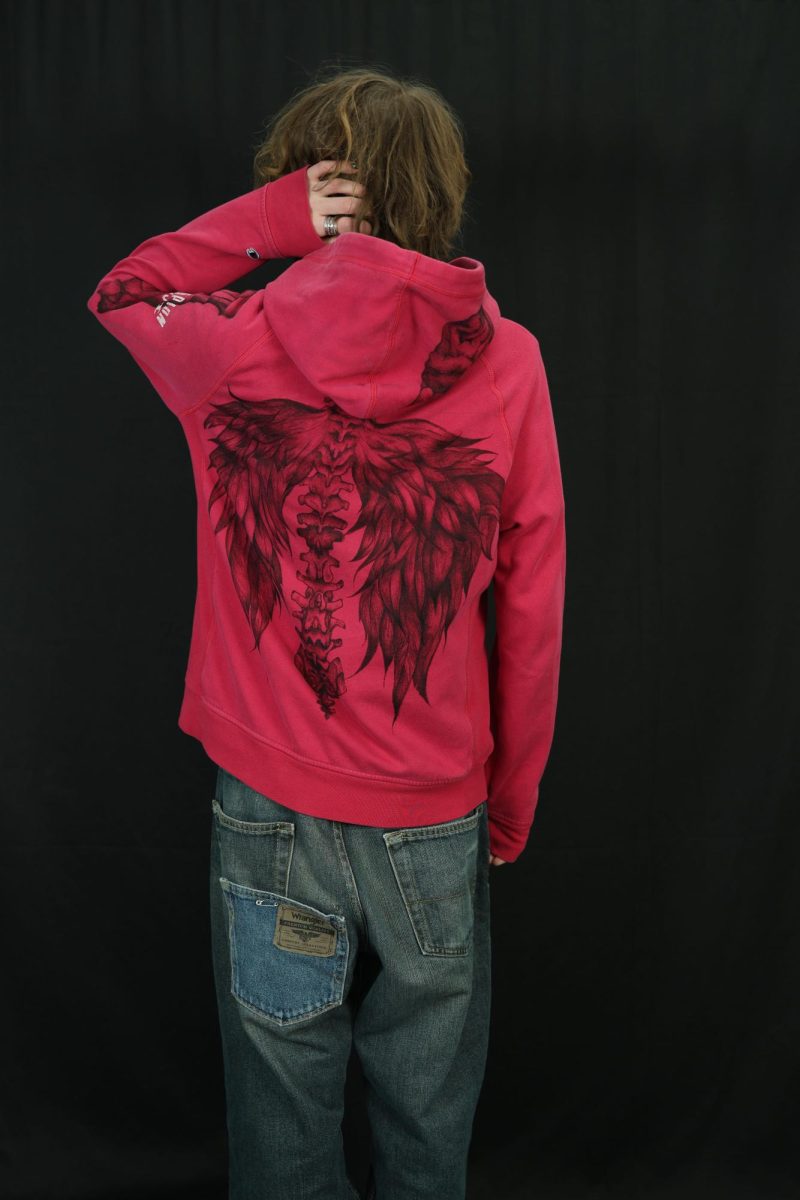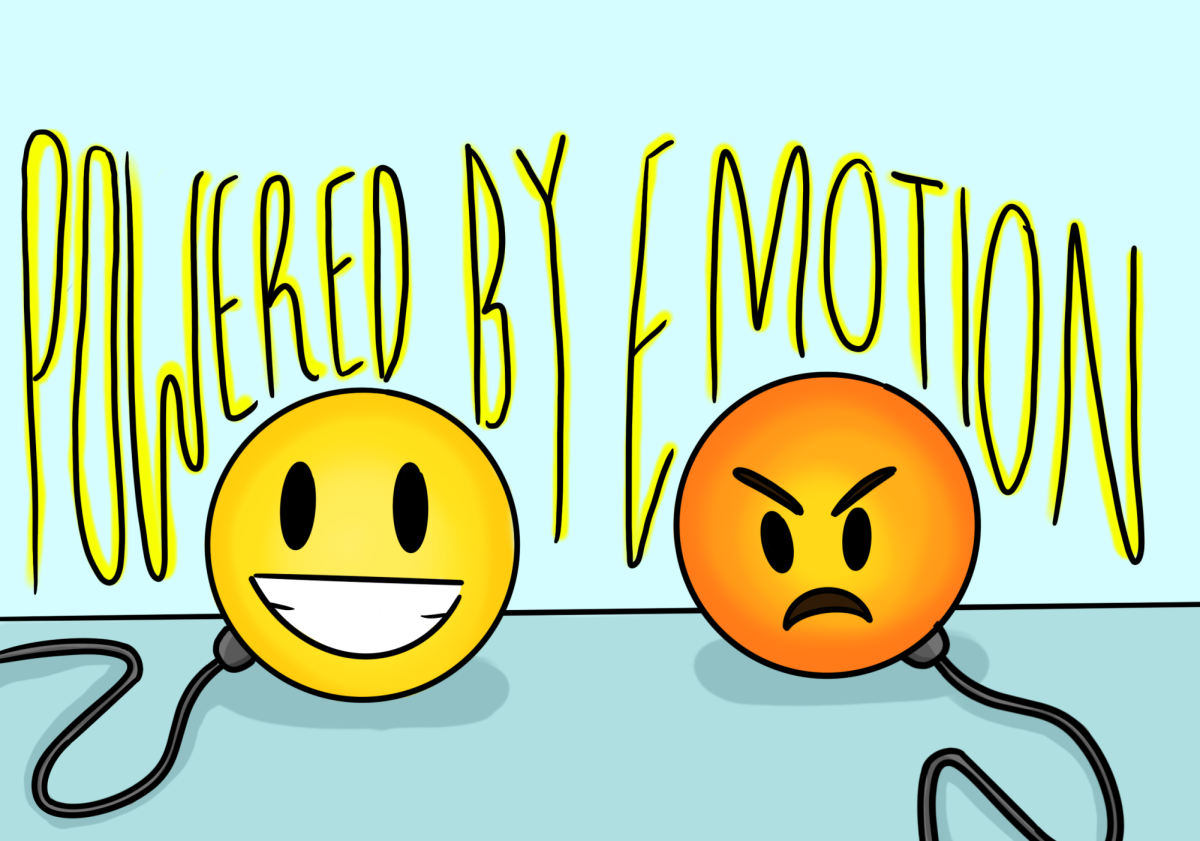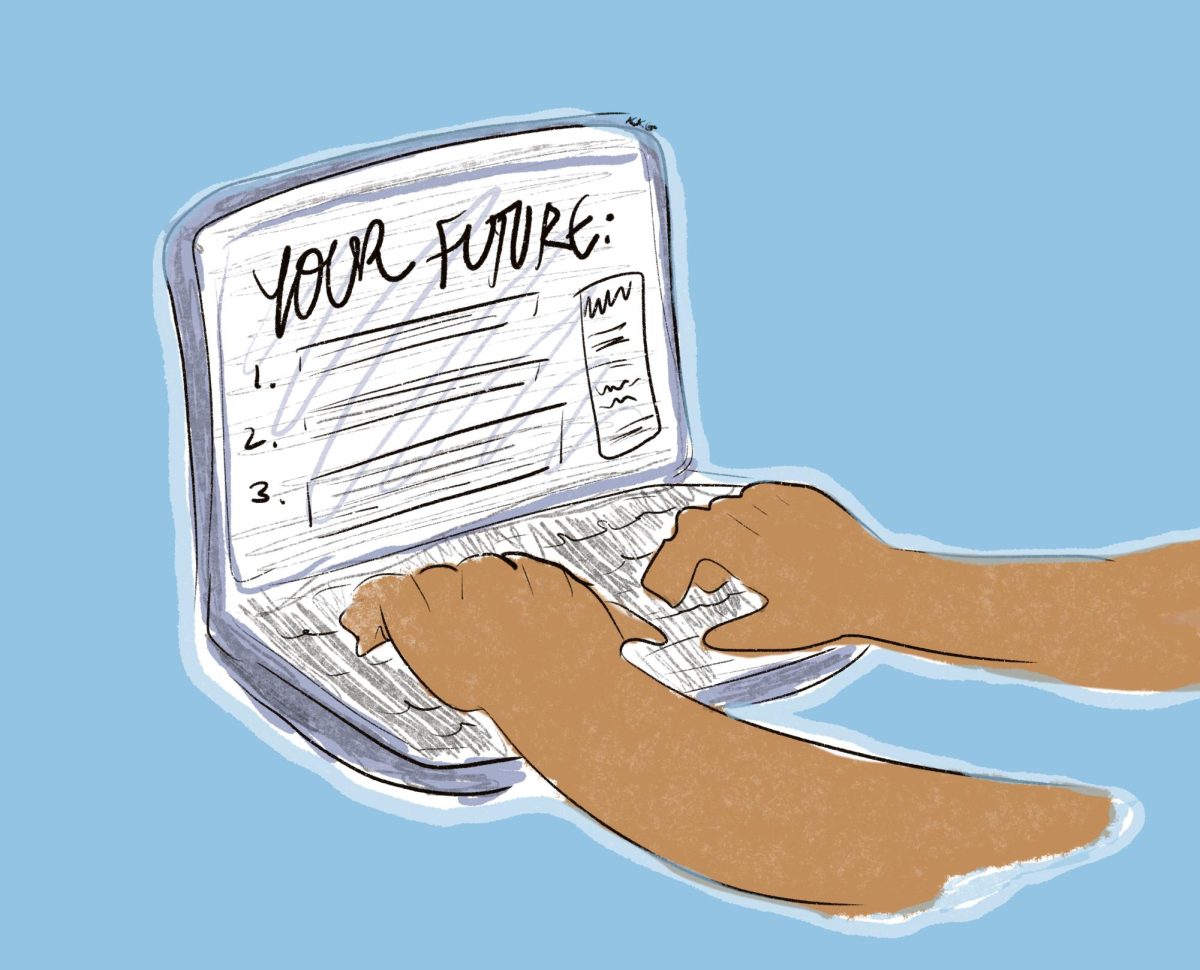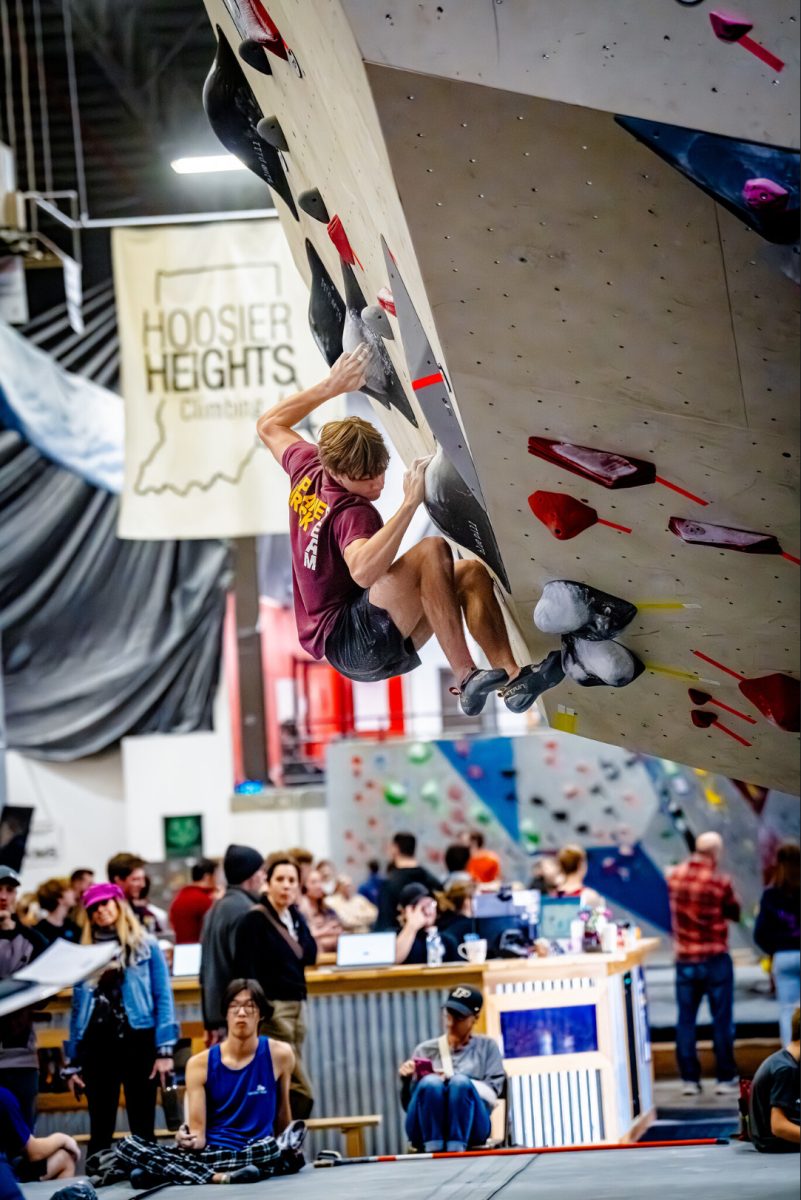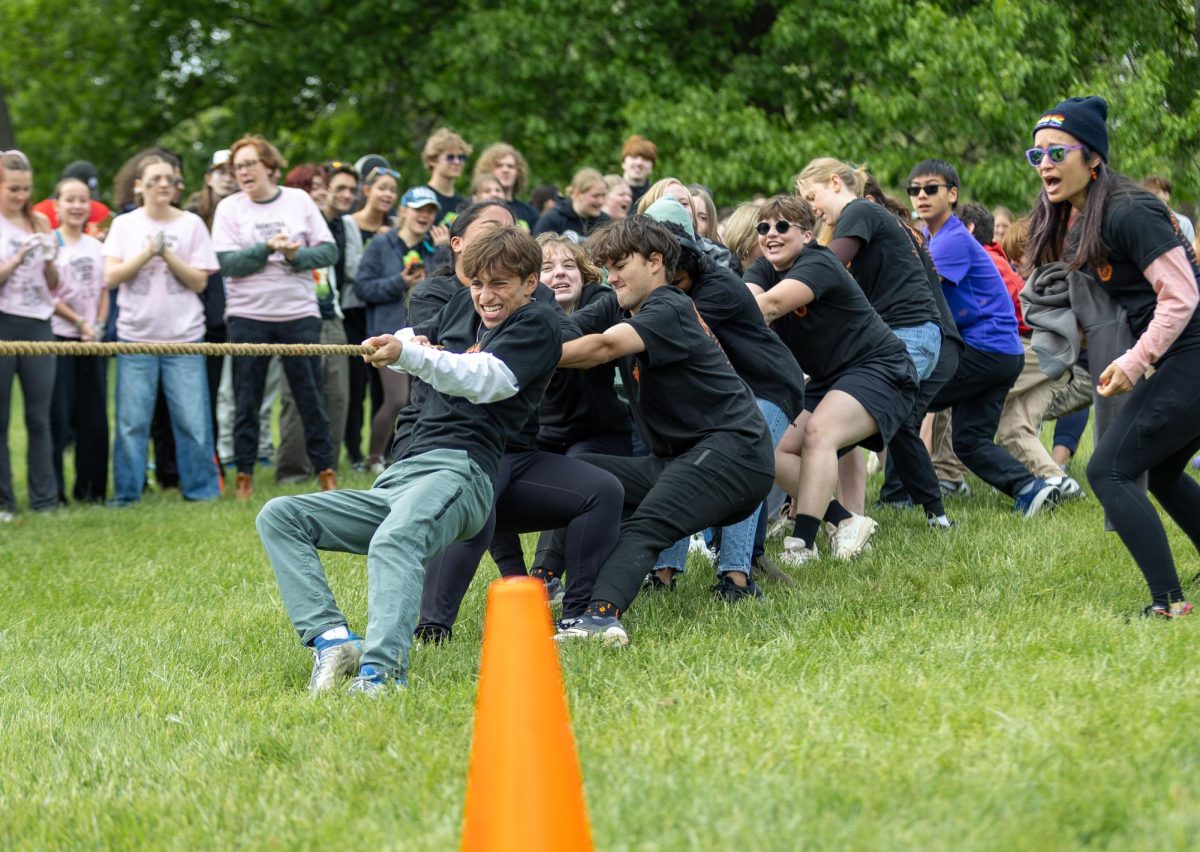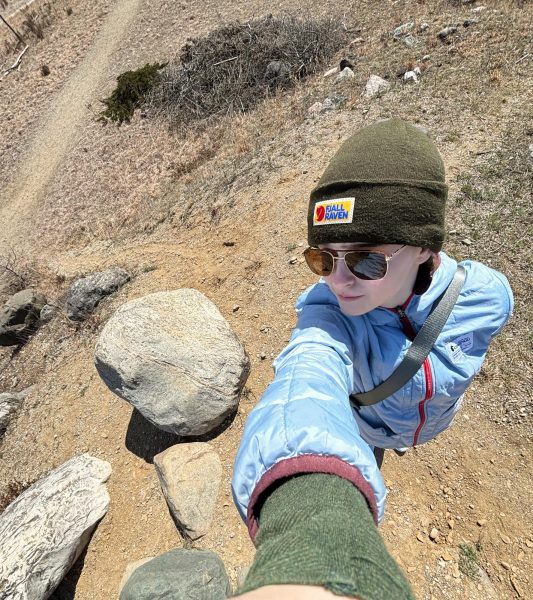Yoani Herrera will never forget the first time she ‘listened’ to a brain.
Herrera is a fourth-year graduate student at the University of Michigan. She spends most of her research time doing electrophysiology which is a scientific process that allows people to record the electrical signals that are sent out by a neuron.
“I vividly remember breaking into my first cell,” Herrera said. “I got up and was jumping around because it was exciting.”
Neurons are brain cells that are responsible for transmitting electrical impulses throughout the body. To do neuronal electrophysiology, Herrera takes a brain slice from a mouse. Then she identifies the healthy neurons and selects one to use. Herrera takes a tiny pipette and bursts a hole in the neuron. Her ‘rig’ in the lab is then able to listen to what the neuron is emitting.
“I remember being really excited and amazed that I was able to shake hands with a little neuron and a mouse’s brain and communicate with it in a meaningful way,” Herrera said.
The first time she got to do electrophysiology was right after she had graduated from the University of Michigan with a bachelor’s degree in biomedical engineering. Now, she is continuing her research as a graduate student.
Herrera’s current project explores how neurons in the auditory pathway communicate with one another. This kind of research has a ways to go, but Herrera hopes it will eventually help scientists fix problems in the auditory pathway.
Herrera found her passion for STEM in high school. Some of her favorite classes were calculus, physics, AP Anatomy, and band. While science and math classes helped Herrera learn material that prepared her for college, band taught her some crucial skills for the work she does in the lab.
“I got a lot out of band,” Herrera said. “I got a lot out of working as a team and working with goal setting.”
The ability to work with others towards a common, long-term goal has helped Herrera find research opportunities.
“I think finding mentors that you mesh with is really good,” Herrera said.
She feels lucky to have had instructors and mentors who pushed her, exposed her to new opportunities, and curated strong group connections. As Herrera pursued a bachelor’s in biomedical engineering, she spent many nights in the library studying with her peers. She remembers how hard it felt but is grateful for the friendships these nights forged and the personal growth she experienced from these educational challenges.
“I work best when I have a little bit of fire under me,” Herrera said.
Throughout high school, she struggled with fear of failure and self-worth rooted in grades. Herrera still struggles with time management and procrastination but these challenges have not held her back.
“Success does not come from brute force, success comes from working hard at something that you’re passionate about,” Herrera said. “So if you like STEM, then you don’t have to know exactly what you want to do in STEM, but just knowing that you like it and you want to pursue it [is important].”
Herrera started data analysis while working with kindergarteners in the Spanish language department. Eventually, Herrera was able to find a bridge between her interests in data analysis and more anatomically focused research. Neuronal electrophysiology has provided her with interpersonal connections as well as a job that she loves.
“What I wish that everyone knew is that regardless of what you look like, your background, or where you come from, you can do research,” Herrera said.



